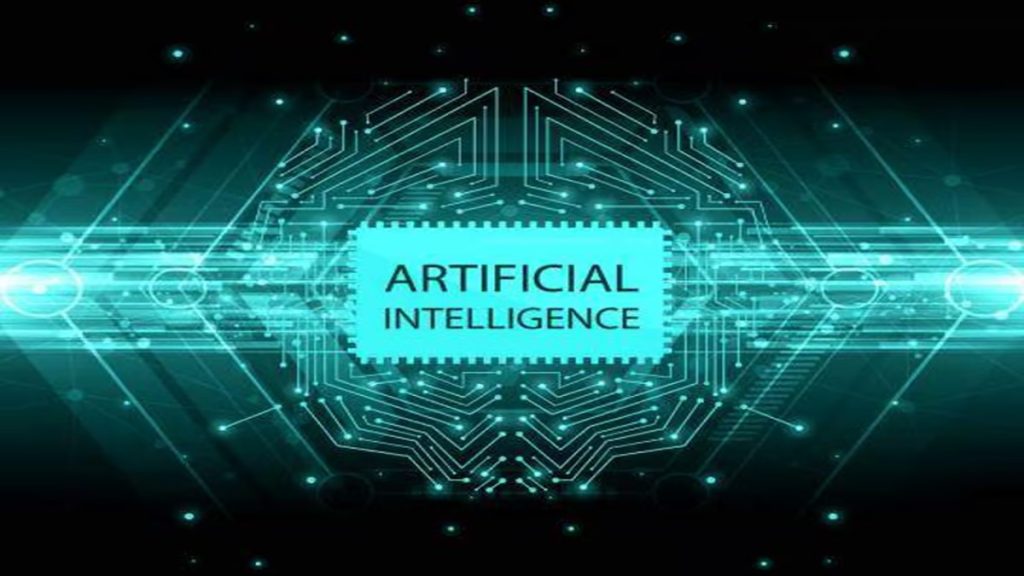By Rohit Kumar Singh
The printing press democratised knowledge, the typewriter professionalised it, and the personal computer personalised it. Each technological leap in writing triggered anxiety—and ultimately, empowerment. But the rise of generative artificial intelligence (AI), particularly tools like ChatGPT, raises a more disquieting question: Are we now outsourcing not just the act of writing, but the very act of thinking?
In India’s rapidly digitising educational landscape, where edtech and AI are touted as panaceas, this question acquires added urgency. As AI tools gain traction in classrooms and workplaces, a growing body of research warns of the hidden cognitive costs of relying too heavily on them.
MIT’s study: Less writing, less thinking
A recent study from the Massachusetts Institute of Technology (MIT) Media Lab, led by Nataliya Kosmyna, offers scientific evidence to growing unease. Fifty-four university students were asked to write essays in three conditions—unaided, using a search engine, and with ChatGPT—while wearing electroencephalogram (EEG) headsets to monitor brain activity. The results were stark. Students using ChatGPT showed markedly lower brain connectivity, reduced focus, and diminished executive control. Their essays were labelled “generic” and “soulless” by evaluators, and many could not recall or even recognise their own work later. In contrast, unaided writers exhibited higher cognitive engagement, stronger memory retention, and a greater sense of authorship. The researchers coined the term “cognitive debt” to describe this phenomenon—a gradual weakening of our mental faculties when we rely on AI to think for us.
This matters because writing—especially in formative years—is not just a skill but a critical part of how we learn, reason, and synthesise knowledge. And in a country like India, where over 250 million students are entering an AI-influenced learning environment, the implications are vast.
Apple and the illusion of AI’s intelligence
A parallel study by Apple researchers reinforces MIT’s findings. It found that while large language models like ChatGPT are adept at mimicking human writing, they do not reason. When faced with unfamiliar or complex problems, these models fail to apply logical analysis, relying instead on statistical pattern-matching from past data.
This illusion of intelligence—eloquent but shallow—poses a risk: It may lull users into overestimating the depth of machine-generated output. As Meta’s Yann LeCun has rightly argued, today’s AI “does not understand the world, nor does it truly think”.
Diminished creativity and critical thinking
Additional studies reinforce these concerns. Research published in the International Journal of Information and Education Technology reports that students who frequently use AI writing tools experience a decline in creativity, loss of personal voice, and erosion of writing confidence. Over time, AI dependency fosters what cognitive scientists call “cognitive offloading”—delegating mental work to machines at the expense of our own intellectual development.
Young users are particularly vulnerable. When students take shortcuts to overcome the struggle of writing—an essential form of problem-solving—they miss out on building the very muscles of analysis, synthesis, and articulation that education is supposed to develop.
Assist, don’t abdicate
Does this mean AI should be banned from schools and workplaces? Not necessarily. The answer lies in how we use it. AI can be an effective language assistant—for grammar correction, summarisation, or refining tone. But it must not become a substitute for original thought. Students should be encouraged to write unaided first, then use AI tools for editing. This ensures the cognitive work of thinking, researching, and structuring arguments remains intact. In India’s context, where the National Education Policy 2020 champions critical thinking and creativity, we must ensure that AI tools enable and not eclipse those goals.
Policy and pedagogical imperatives
As AI becomes deeply embedded in our knowledge economy, we must act with foresight. Key steps include embedding AI literacy in school and college curricula, focusing on how to critically evaluate AI-generated content; mandating writing-first protocols in classrooms that use AI to preserve cognitive engagement; monitoring the long-term impacts of AI use on learning, especially among adolescents and young adults; and incentivising educational platforms to use AI as an augmentation tool, not a replacement for reasoning and creativity.
Thinking is non-negotiable
AI is here to stay—and rightly so. But in our rush to adopt it, we risk trading short-term efficiency for long-term intellectual erosion. The MIT and Apple studies serve as a wake-up call: Writing is not just output, it is thinking made visible. If we allow machines to do that thinking for us, we may soon find ourselves cognitively lighter—but intellectually hollow. India’s future—powered by its human capital—depends on ensuring that the next generation doesn’t lose its voice in the noise of automation.
As we write this next chapter of human-machine collaboration, let us ensure the pen remains in human hands—even if the ink is digital.
The writer is member, National Consumer Disputes Redressal Commission, and former consumer affairs secretary.
Disclaimer: Views expressed are personal and do not reflect the official position or policy of FinancialExpress.com. Reproducing this content without permission is prohibited.


